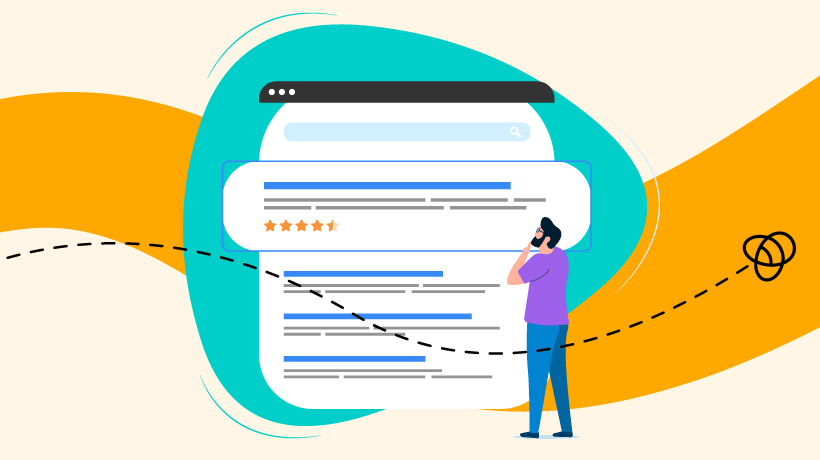Short Answer Questions In eLearning
Short answer typically consist of a question or statement that requires a brief response. They are classified as open-ended questions, due to the fact that learners are able to put the information into their own words and formulate their own answers, without being limited by a pre-determined set of answers. The length of the response depends on the complexity of the question. For example, a more complicated question might require a paragraph, while a more rudimentary question calls for a one-word response. In some cases, the eLearning question may even require a response in the form of a diagram or chart to fully explore the key concepts or ideas involved.
Best Practices For Developing Short Answer Questions
- Be clear about answer expectations.
Your learners should be aware of how long each answer must be, as well as how the response will be graded. If they are expected to write a paragraph in response to the question and spelling is an element of the grading criteria, then include this information in the instructions. If you want them to stay within a certain word count range, specify this beforehand so that they do not exceed the limit. - Avoid confusion by creating questions instead of statements.
Rather than supplying your learners with a phrase which contains a blank space or asking them to complete a sentence, create short answer questions that are actual questions. Be direct, clear, and concise, so that they know exactly how to answer and what key pieces of knowledge they need to pull from their memory banks. - Center the question on a single learning objective.
Every short answer question in your eLearning course should be tied to the learning objectives and/or learning goals. Avoid questions that focus on supplemental subject matter or non-essential details in the eLearning lesson. Bear in mind that the primary purpose of any eLearning course is to give your learners the information they need. A short answer question offers you the opportunity to determine if your audience acquired and retained the key takeaways by asking them to put the information into their own words. - Develop each question with your target audience in mind.
Learn as much as possible about the background of your audience before developing your short answer questions. Know their reading comprehension levels, their vocabulary, and how much time they actually have to complete the assessment. If your target audience is experienced professionals who will be taking the assessment during a busy work day, for example, then you know that you can use more complex wording and should limit them to one sentence responses to save on time.
How To Use Short Answer Questions In eLearning
- Always include a direction word.
No short answer question is complete without a “direction word”. A direction word, as its name suggests, is a word that directs the learner on how to answer the question. For example, if you ask them to “list the steps involved in the software installation process” then they know that they should format their response as a numbered list. On the other hand, if your question directs them to “describe the relationship between the two main characters”, their responses should be in the form of a text block. - Explain the grading criteria beforehand.
Make your learners aware of how each response will be graded in advance. In fact, it may be wise to clearly indicate how many points each question is worth and if they will receive partial credit for answers. If you will be grading them on spelling or you are willing to accept a variety of different responses, convey this to your learners beforehand. - Give learners sufficient time to answer each question.
One of the most challenging aspects of developing a short answer assessment is calculating the completion time for each question. Questions that require a one-word answer may only take 30 seconds, but longer responses may take 5 minutes to write. This is why it’s essential to give your learners enough time to answer each question accurately and thoroughly. Do a test run to see how long it takes a handful of learners to finish each question, then average the times to create a rough estimate. When in doubt, add on a bit of “buffer” time for each question to accommodate for slow readers or typists. - Avoid ideas or concepts that may be difficult to explain.
If you are dealing with subject matter that may be more complicated, you may want to opt for essay questions instead. Ideas or concepts that are more in-depth simply cannot be fully explored in brief sentences or paragraphs. In fact, if you do try to cover more complex subjects in short answer exams, you run the risk of frustrating learners and won’t be able to truly test their knowledge of the topic due to the length limitations.
Short answer questions fall under the purview of open-ended questions in eLearning assessment, which means that students can quickly veer off topic without proper guidance. However, with this guide on-hand, you have the power to develop short answer questions that accurately gauge learner comprehension and create a focal point for their responses.
To write effective short answer questions, you must know as much as possible about who you are writing them for. Read the article 6 Key Questions To Effectively Analyze Your eLearning Course Audiences to learn 6 invaluable tips that can help you analyze your eLearning course audience.









